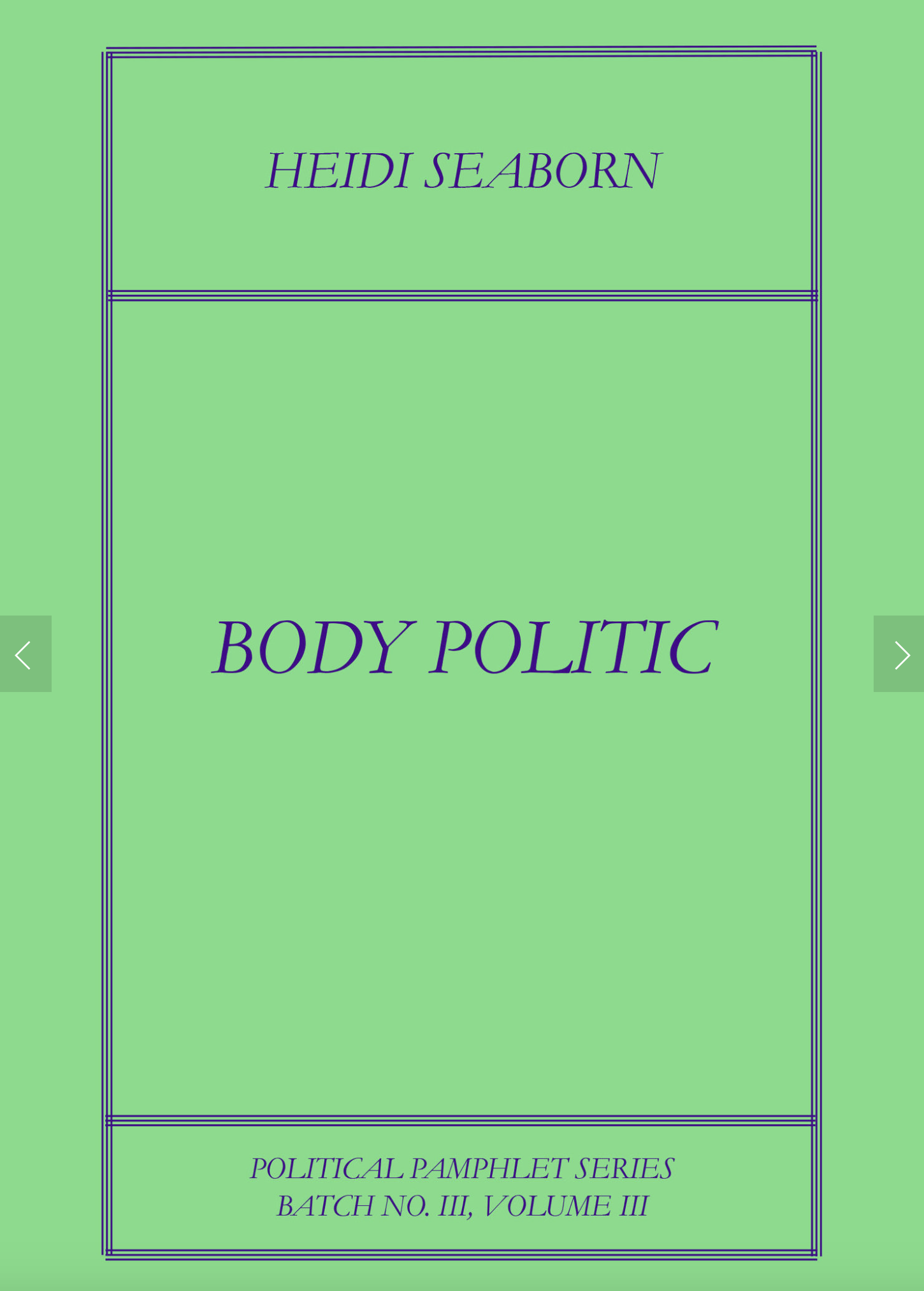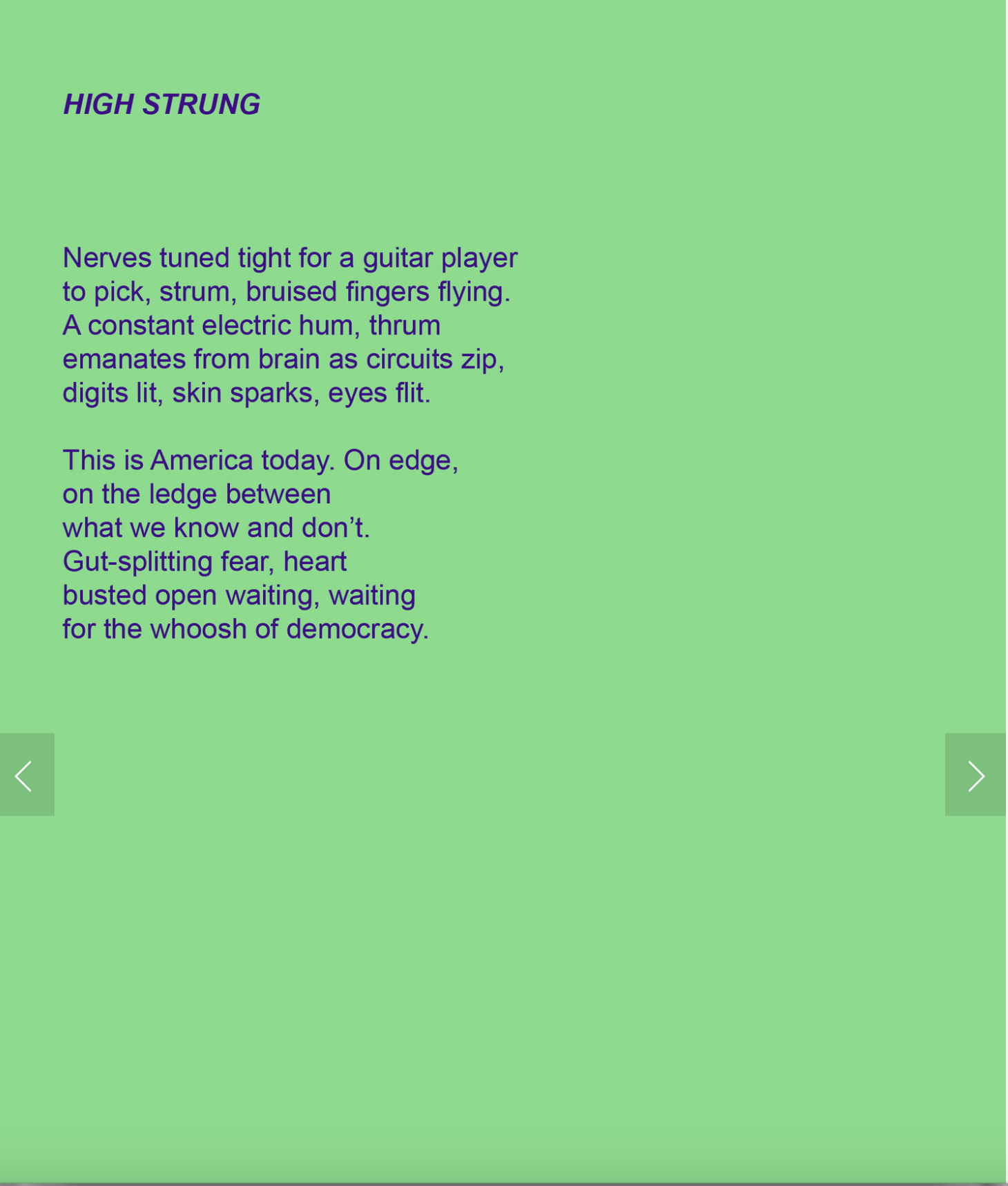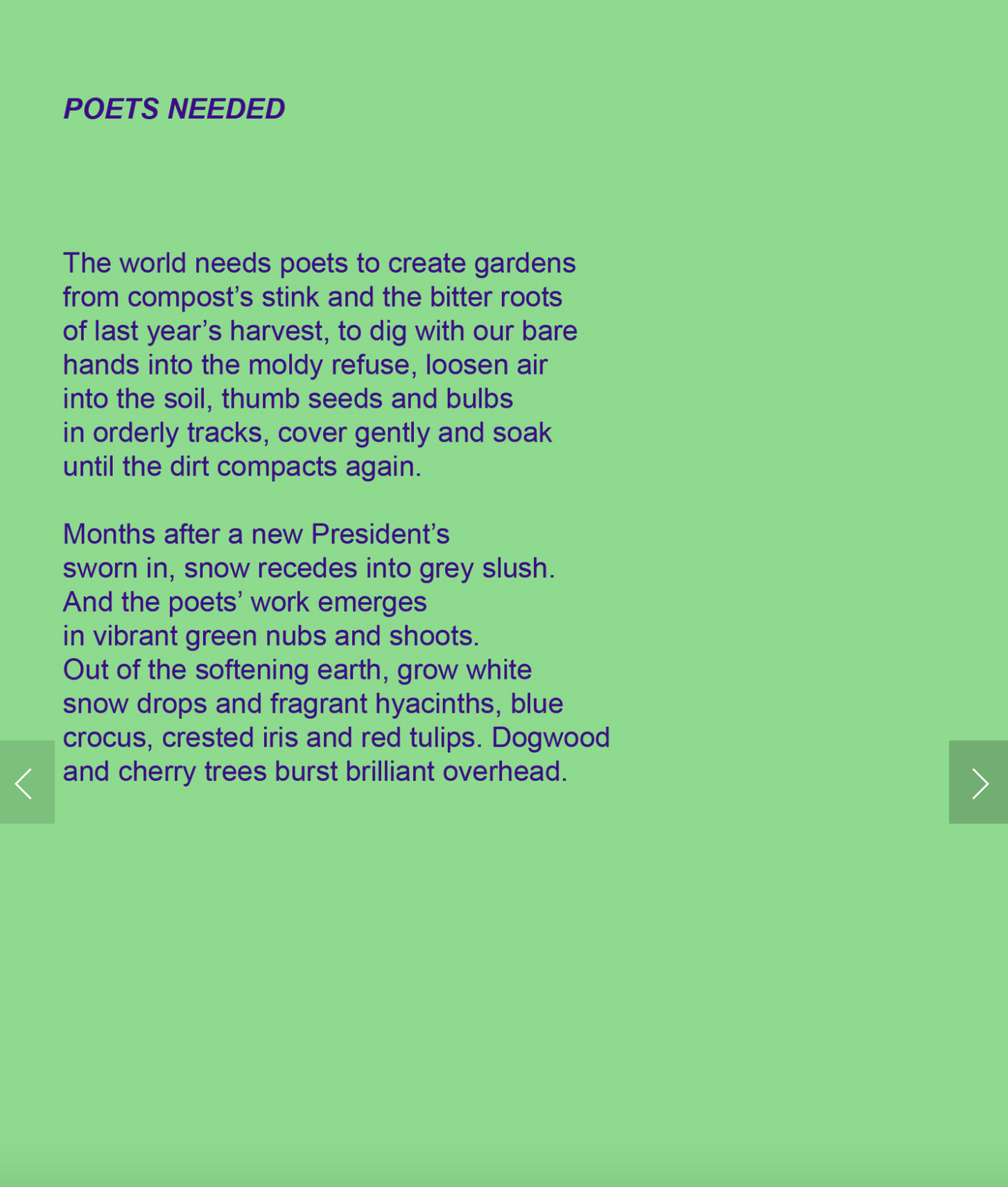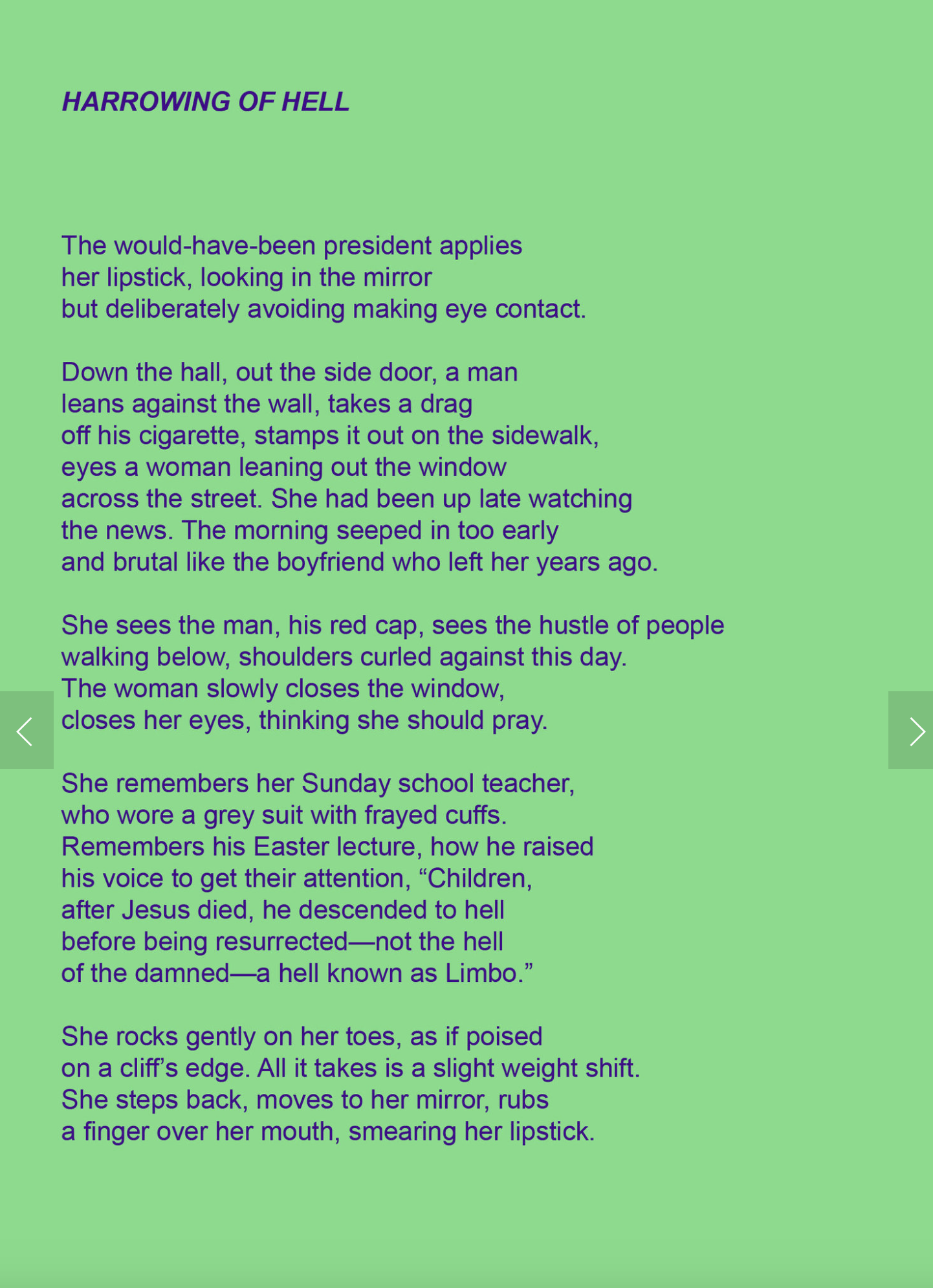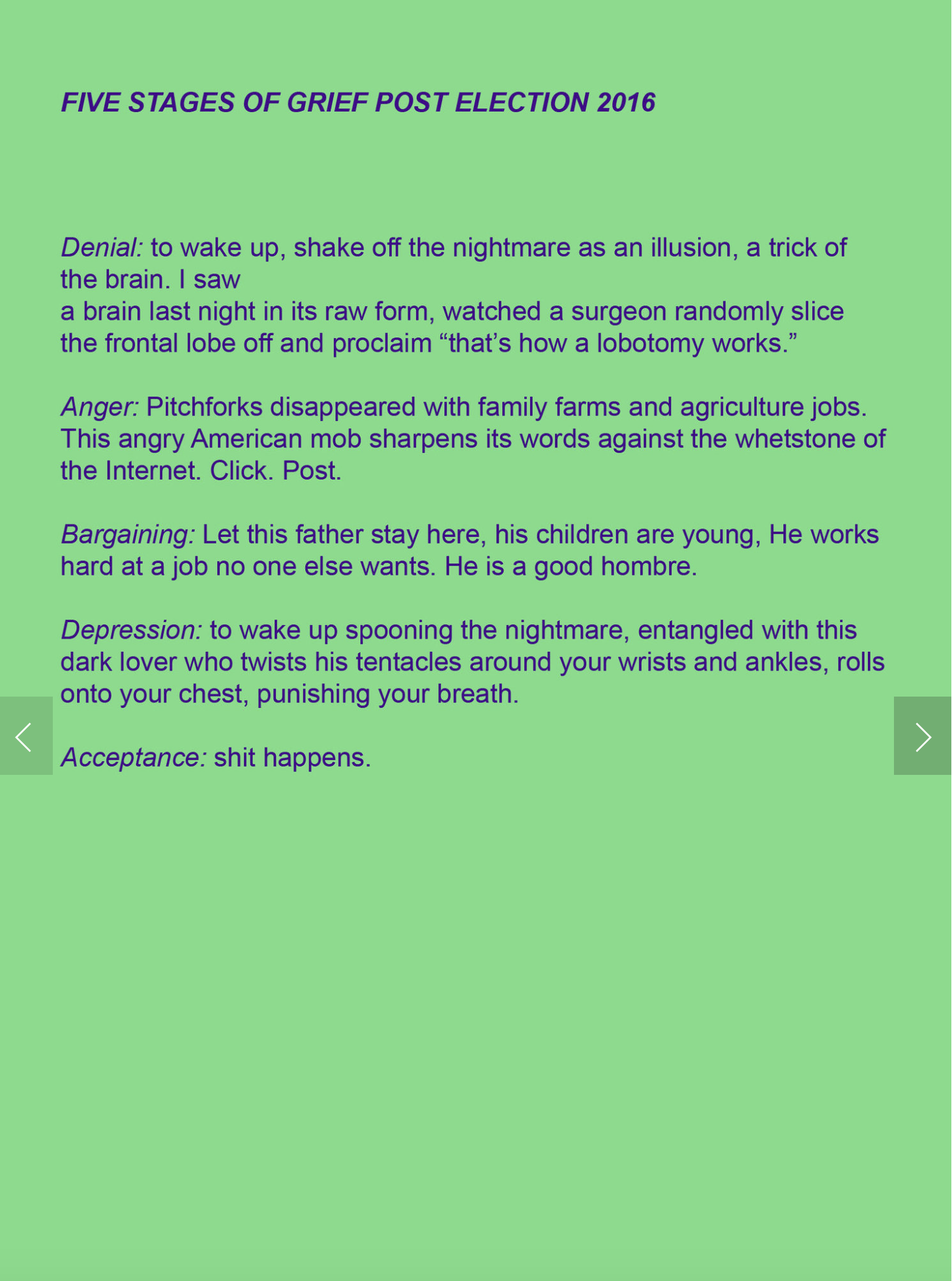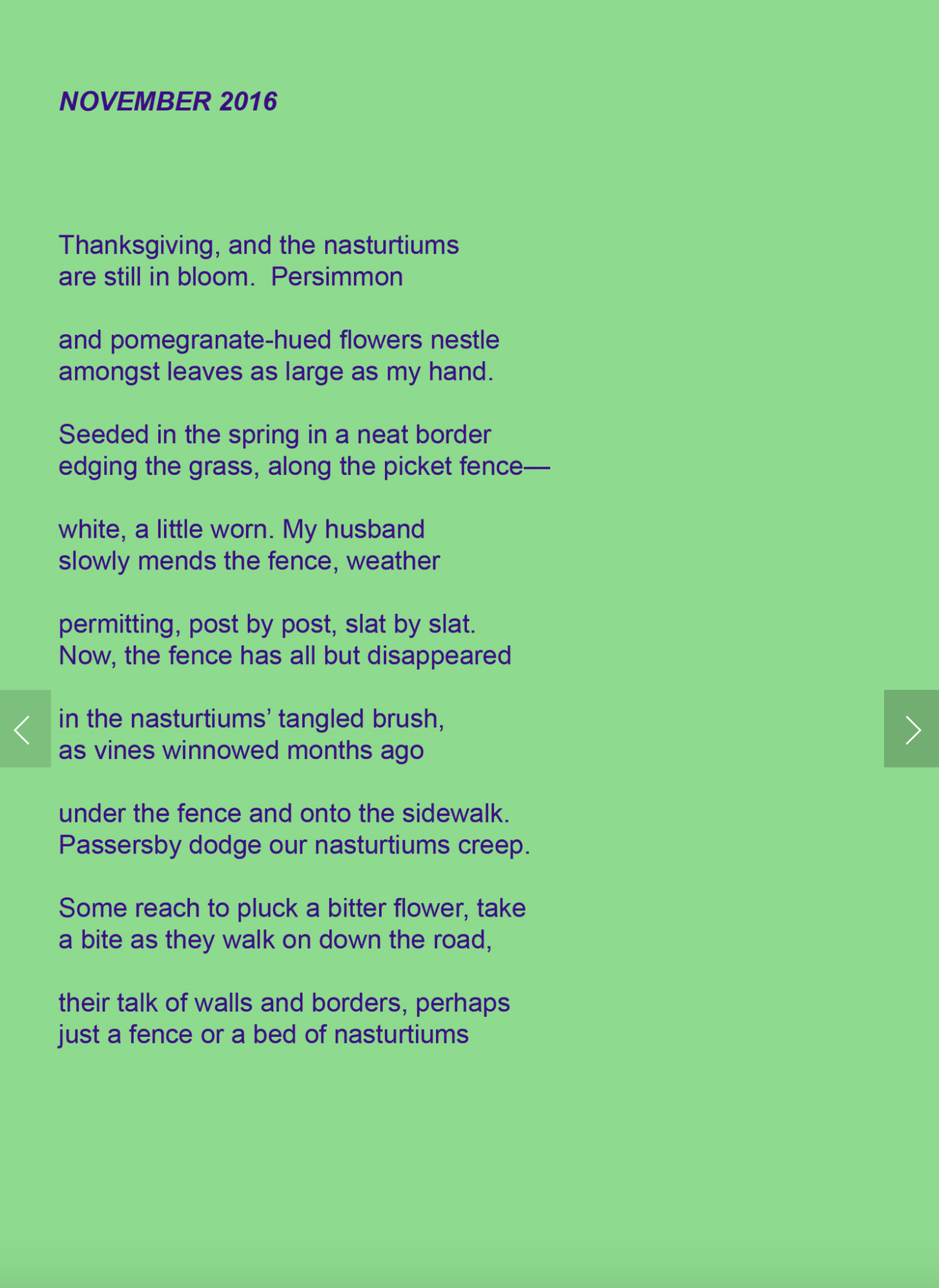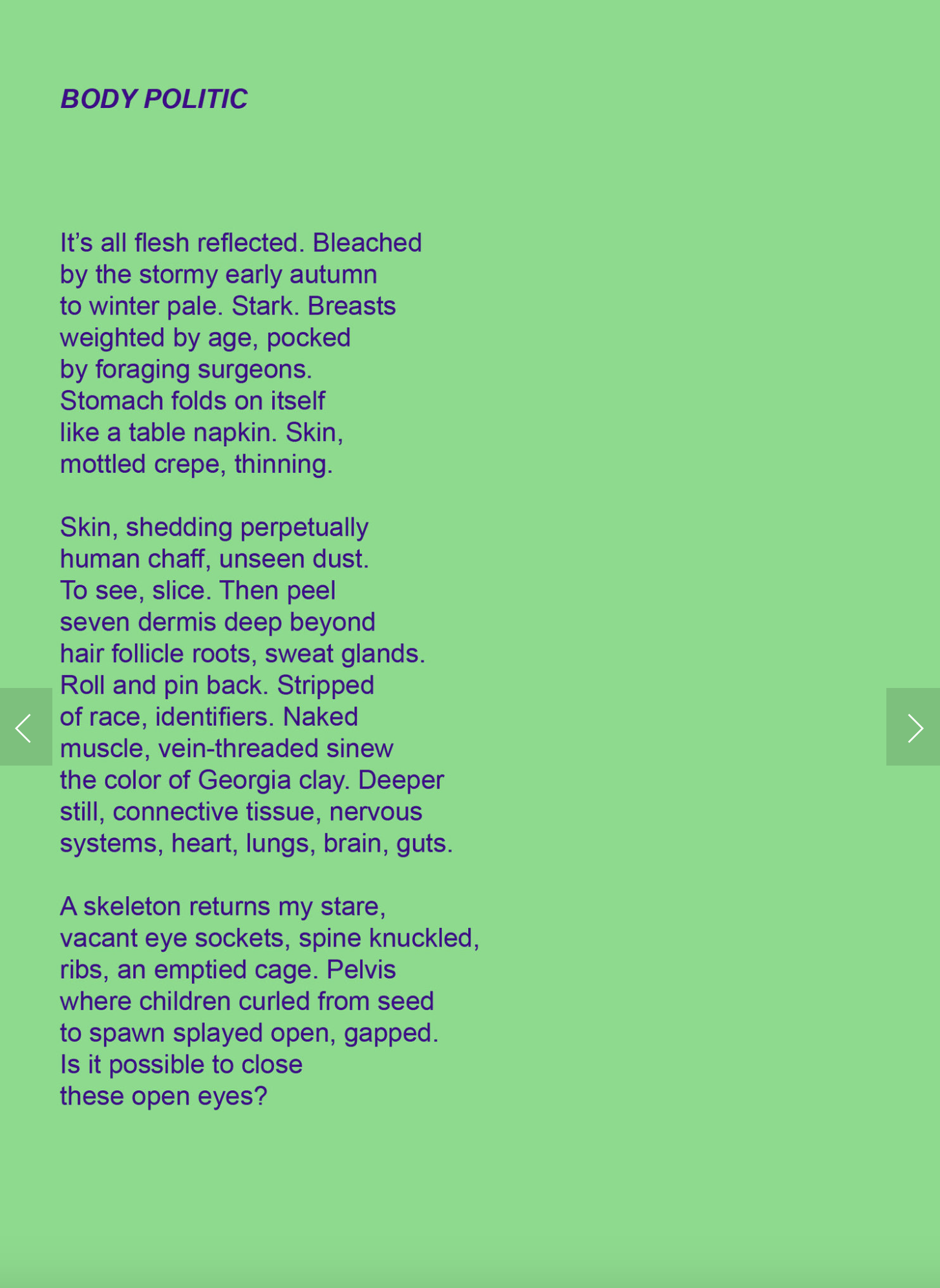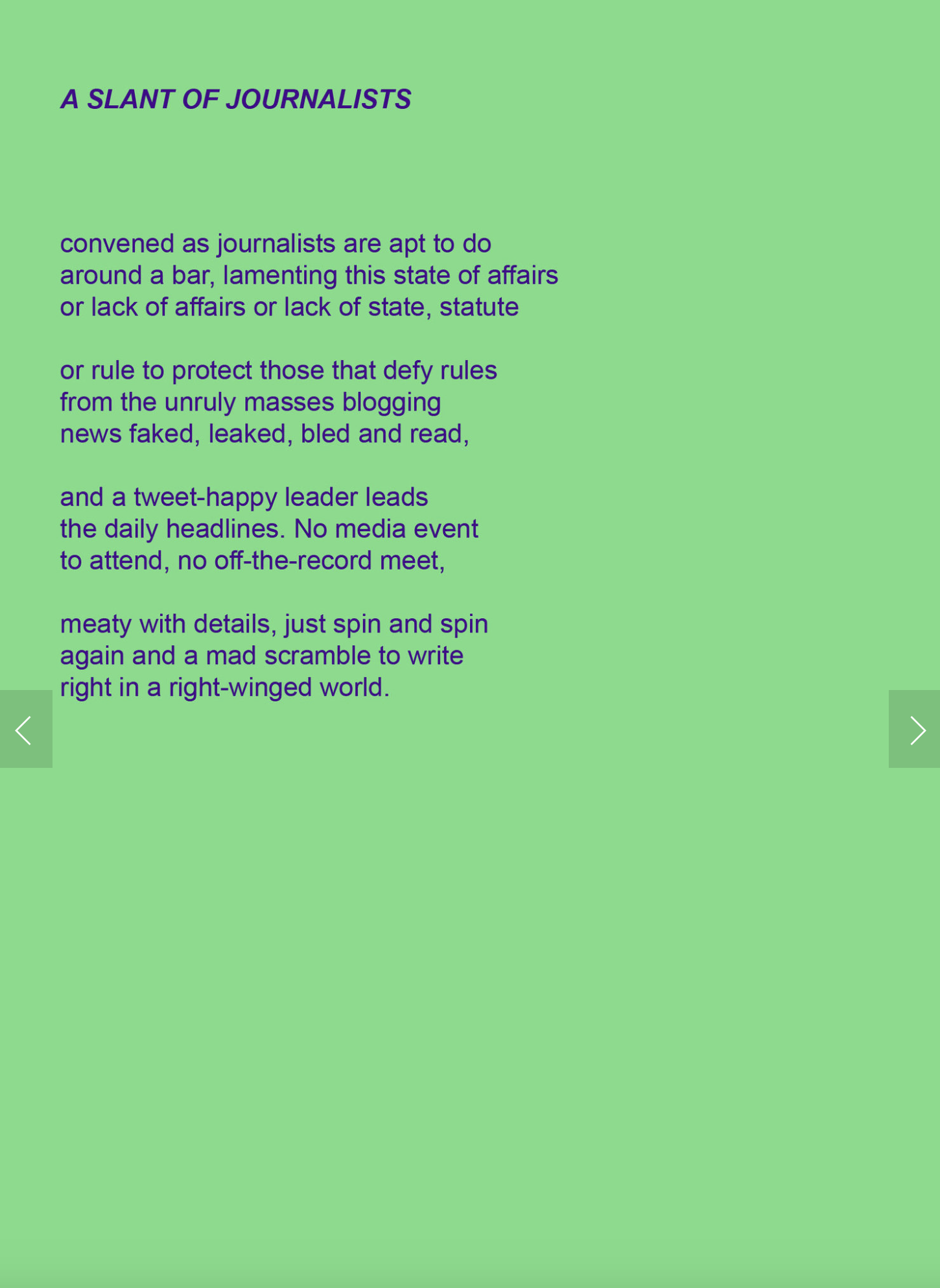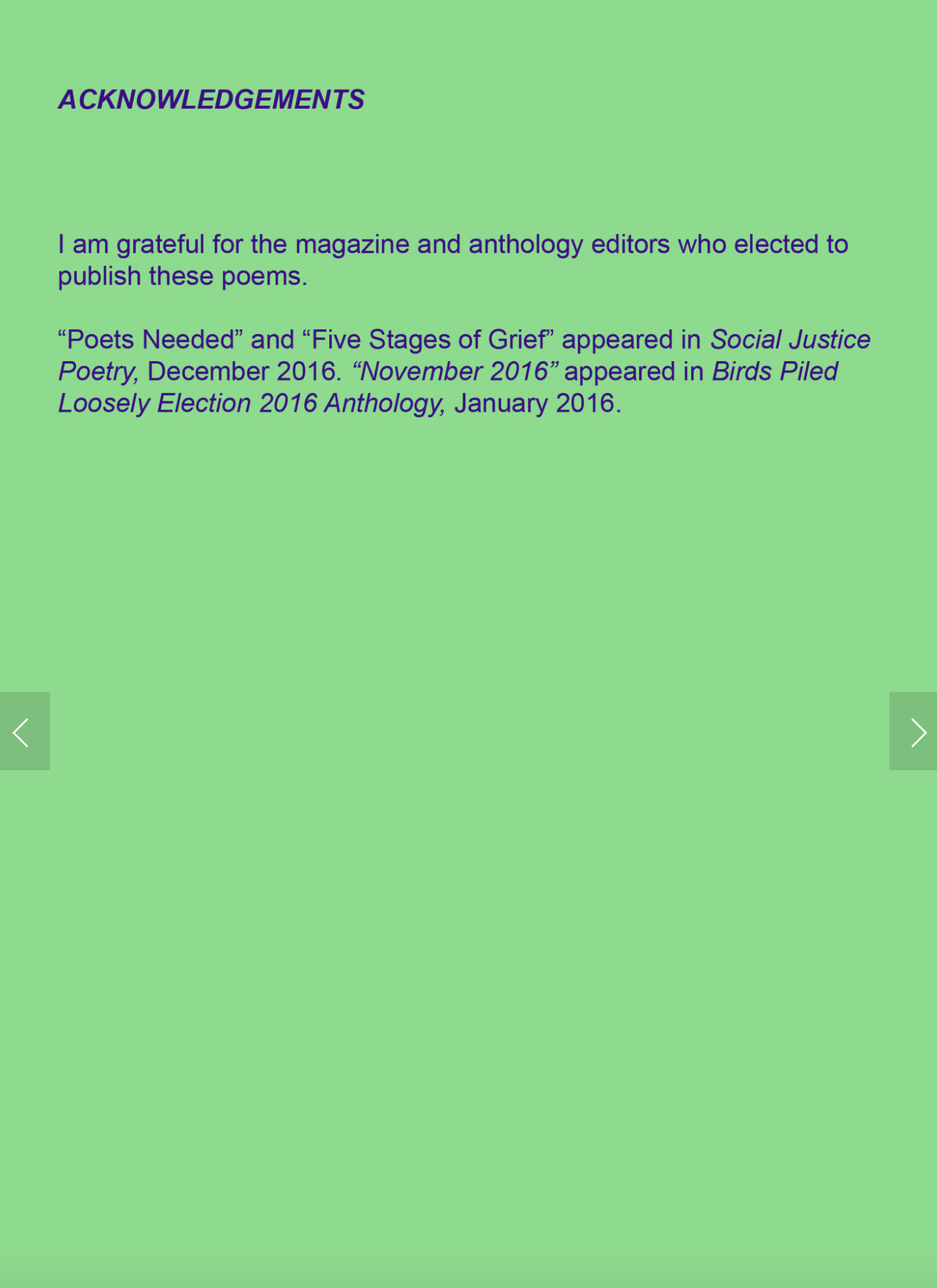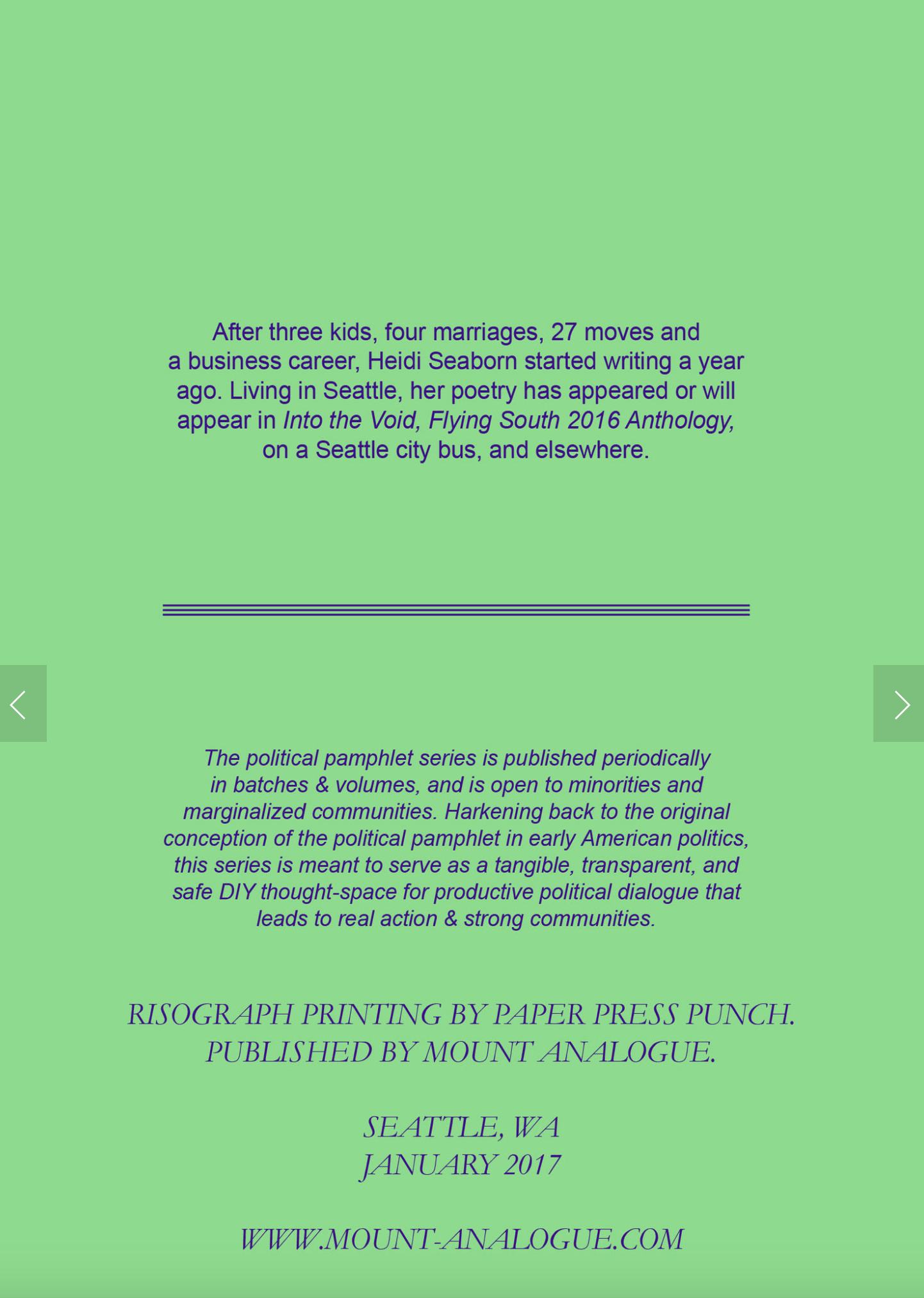One of my favorite house I lived is immortalized in this poem. Built before the Revolution by Ireland Shadrach, it went on to serve as the birthplace for the Shaker movement in Harvard, Mass when Mother Ann Lee lived in it. It was an unusual and magical house--invaded by nature and haunted by a ghost, its history, it the home where my son Jack took his first steps and my daughter Hallie was born. The Poetry Center of San Jose chose it for its anthology Caesura, published in in the spring of 2017.
The Square House—94 Shaker Road, Harvard, Massachusetts
Built by Ireland Shadrach in 1769, the Square House
became the center for the Shaker community.
A square house rooted in a clearing of massive
broadleaf maples that burst into flames each fall.
A house built by a man who skipped the Revolution,
paid the King’s taxes, worshipped god.
Neighbors said it was his ghost that lived with us,
the squirrel family in the attic,
hornets nesting in the nursery,
carpenter ants shedding wings, dying,
brittle carcasses scattered like a game of pick up sticks
and the mosquitos I’d kill at night creating a monotype
of smashed remains on the bedroom ceiling.
A house with a front door to nowhere,
a swing hung from a lilac bush the color of cough syrup
and a cat-tail rimmed pond buttered with lily pads
where I’d take my son to cup tadpoles and skitter bugs.
A house that held strong my daughter born
during the wail of a late May storm,
rocked her heavy, sleek body mid-night
to the click and whistle of crickets.
Heidi Seaborn







